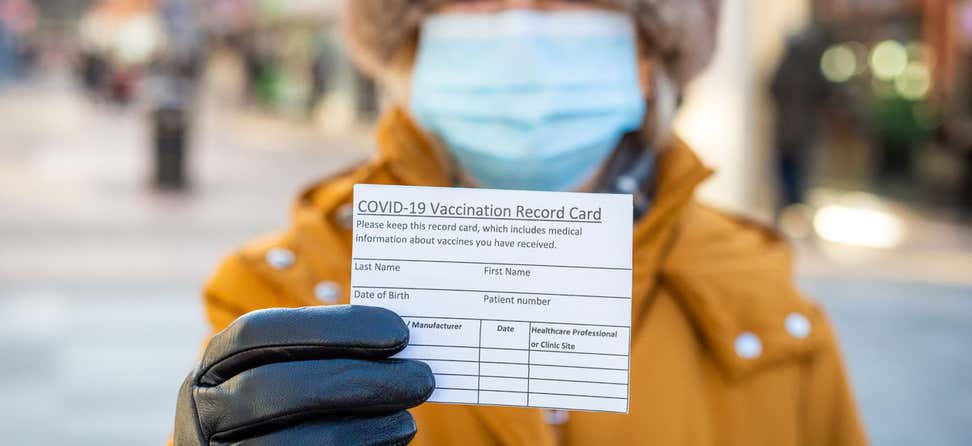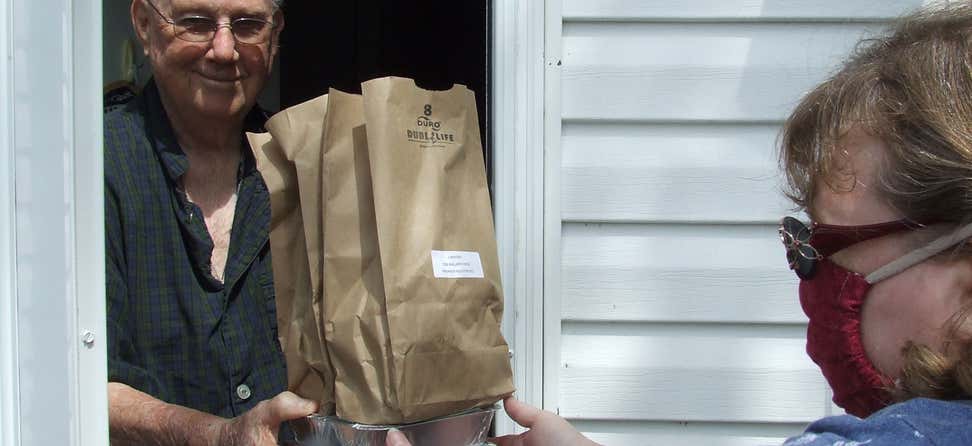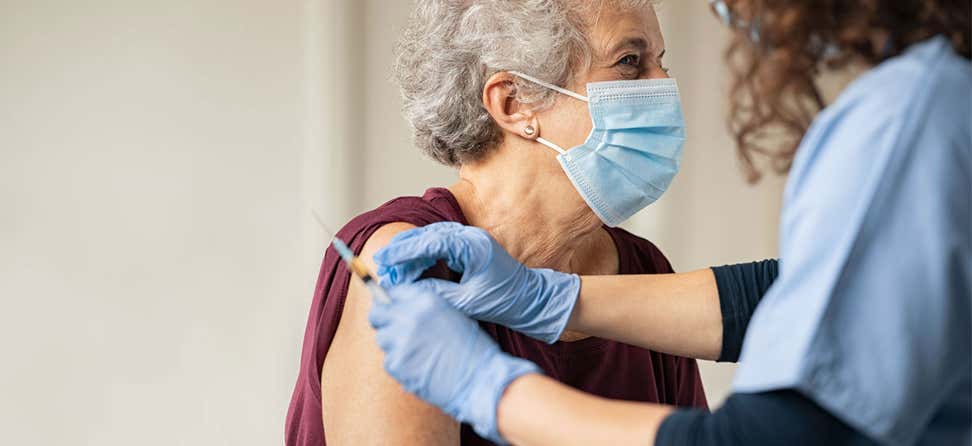Key Takeaways
Congress’ final bill of 2020 extends SNAP food benefits and boosts funding for senior nutrition programs.
Package also features improvements to the Medicare enrollment process and Medicaid.
NCOA continues to advocate for additional COVID-19 relief for older adults.
Congress closed 2020 by passing a $2.3 trillion legislative package that addresses some of the COVID-19 pandemic and health challenges facing older adults, but also fails to invest in other important areas.
The package features three pieces:
- A $900 billion COVID relief bill
- FY21 appropriations for federal programs, including the Older Americans Act (OAA)
- Several other bipartisan measures, including provisions to improve Medicare and Medicaid
COVID Relief
The COVID-19 relief bill will assist older adults who are struggling with income, rent, and food, as well as the organizations that serve them. The bill also includes $8.75 billion for public health agencies to scale COVID-19 vaccine distribution, including targeted funding to high-risk and underserved populations such as older adults of color.
Income. The bill features direct payments of $600 to all Americans earning less than $75,000. Individuals on Social Security will get their payments automatically. The payments phase out for individuals with incomes over $75,000, and these thresholds are doubled for couples. The bill also adds $300 per week in federal unemployment benefits through March 14.
Rent. The bill extends eviction protections until January 31, and includes $25 billion in rental assistance for individuals who lost income during the pandemic. According to the Joint Center for Housing Studies, more than a quarter of renters aged 65+ reported a loss of income due to the COVID-19 pandemic.
Food. The bill increases Supplemental Nutrition Assistance Program (SNAP) food benefits by 15% for six months and invests $175 million more in OAA nutrition programs and $13 million more in healthy food boxes for older adults through the Commodity Supplemental Food Program.
Several other provisions also will benefit older adults, including:
- $100 million for elder justice and support for Adult Protective Services.
- $7 billion to increase broadband access for remote and underserved communities, including tribal lands; to subsidize internet and device costs, including for people who participate in the Federal Communications Commission Lifeline Program; and to extend the COVID-19 Telehealth Program created by the CARES Act.
- An extension of the deadline to spend CARES Act state and local aid to December 31, 2021, which will give senior centers and other local organizations that received money late in the year more time to deploy efforts to serve their communities.
FY21 Appropriations
A second part of the package features appropriations to fund government programs through September 30.
Highlights for older adults include:
- Modest increases for many OAA programs, and a rejection of a proposed cut in the Senior Community Service Employment Program.
- Support for current and new Section 202 Housing for the Elderly, including intergenerational public housing.
- Additional significant increases in the Commodity Supplemental Food Program.
Download our Aging Program Funding Table to see final amounts for various aging services.
Health Provisions
Finally, the package includes Medicare and Medicaid provisions that NCOA has supported to benefit older Americans. It also permanently extends the 7.5% threshold for the medical expense federal tax deduction, providing relief to the 4.4 million Americans with high health care costs.
Medicare
- Extends for three years efforts to find and enroll low-income individuals with Medicare into benefits programs that can reduce their health care costs. Annual funding will increase from $37.5 million to $50 million, with $15 million each for Areas Agencies on Aging, State Health Insurance Assistance Programs, and the National Center for Benefits Outreach and Enrollment and $5 million for Aging and Disability Resource Centers.
- Improves the Medicare enrollment process by eliminating the wait for coverage people can experience when they sign up and allowing Medicare to grant special enrollment periods for Parts A and B beginning in 2023.
- Starting in 2024, authorizes the Limited Income Newly Eligible Transition demonstration, which provides immediate transitional and retroactive Part D coverage for certain Medicare Low-Income Subsidy beneficiaries while their enrollment is processed.
- Extends for three years the Medicare Independence at Home demonstration and expands the number of participants from 15,000 to 20,000.
Medicaid. The bill extends for three years Medicaid home and community-based services Money Follows the Person and spousal impoverishment protections, both of which enable older adults to stay in their own homes longer. It also permanently extends Medicaid coverage for non-emergency medical transportation.
What’s Next and How You Can Help
Many more policy improvements and investments are needed for older adults in 2021, especially when it comes to addressing the pandemic. Older adults represent 80% of the COVID-19 fatalities nationwide.
As the new Administration and Congress begin, NCOA will continue advocating for additional relief and stimulus, including:
- Expanded federal funding to states for Medicaid and home care services.
- Additional resources for job training and placement for older workers.
- Increased support for the tireless efforts of the aging services network, particularly for OAA programs such as health promotion and disease prevention services.
Members of Congress need to hear from you. We encourage to speak up on issues you care about and have advocacy tools to make sure your voice is heard. Use our tools to look up specific legislation and officials, and add your voice to ours.








